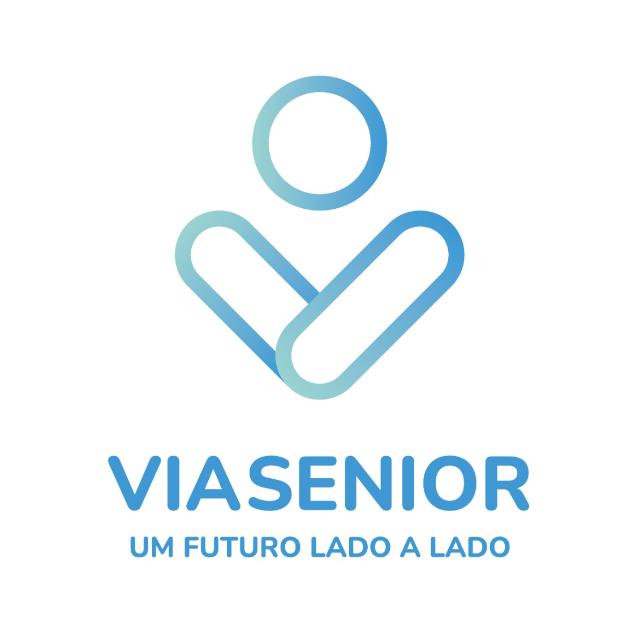Generally speaking, great importance is attached to the professionals who work in a Senior Residence, since the main objective is to provide the most comfortable and healthy life, both physically and psychologically, for its residents.
Choosing professionals with the right profile for each job and frequently monitoring their performance and job satisfaction is imperative.
Each residence – or group of residences – has a different Board of Directors, and therefore a different management and administration concept, although the necessary departments and their functions, are transversal.
1- Technical Director
Coordinates and supervises the entire team, ensuring the well-being of the team and the residents. Regular meetings with the team of professionals and the residents should be part of the duties, and there should be a general concern for all the resources available:
- the people, their abilities and their views;
- the residence itself and surrounding areas;
- community involvement;
- among others.
2- Psychosocial Support
A Social Work Technician/Psychologist is essential in a senior residence, being considered a “welfare agent” that mediates between existing problems and the institutions’ answers. Their functions include:
- detecting the needs of each resident and transmitting that same information to those in charge;
- encourage residents to solve their own problems using tools and strategies;
- promote as much as possible the residents’ autonomy, as well as their cooperation in activities/routines.
3- Health Support
Therapists, Physiotherapists, Nurses, Doctors, among other health professionals, are very important in general. The work regime of these professionals varies from residence to residence (from sporadic to full time), depending essentially on the structural/financial capacity of each residence to provide these services. The functions include:
- general health evaluation of the residents;
- maintenance and recovery of physical condition to maximum functions;
- prescription and administration of necessary medication; among others.
4- Auxiliary Support
The role of close daily personal caregivers is also essential for the well-being of the residents, so the importance of the caregivers is becoming more and more important. Physical help and total availability to listen to the residents’ individual problems, as well as helping them to become “more capable” in their personal and daily lives, is crucial.
The number of caregivers in a residence and their skills should be appropriate to the characteristics of the residents and their degree of dependence, in order to ensure the best care.
5- Support Various
Few mentioned, although extremely important, are all the other workers that guarantee the good general functioning of the institution, examples being: administrative staff, cleaning and disinfection of the spaces, kitchen, pantry, laundry, etc.
“IN SHORT, A WHOLE STRUCTURED, MOTIVATED, FUNCTIONAL AND PROFESSIONAL TEAM IS NEEDED IN ORDER TO ENSURE THE GREATEST POSSIBLE SAFETY, COMFORT AND WELL-BEING WITHIN A SENIOR INSTITUTION!”
Looking for Senior Residences?
Contact us by submitting your request or contact us at 919992898 or [email protected]
Source: https://www.inr.pt/


